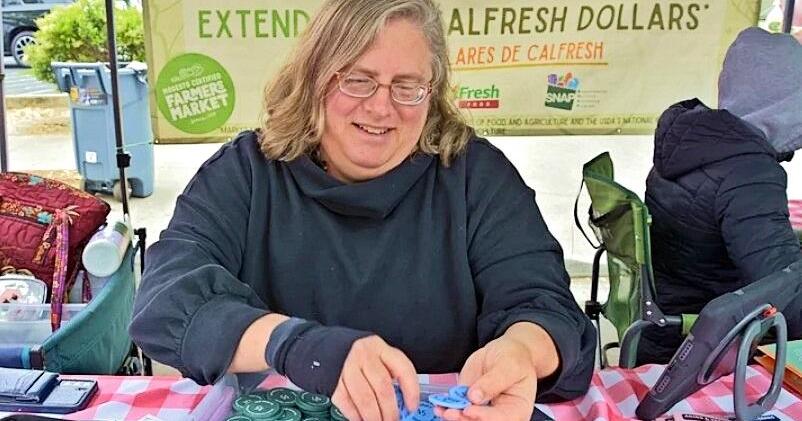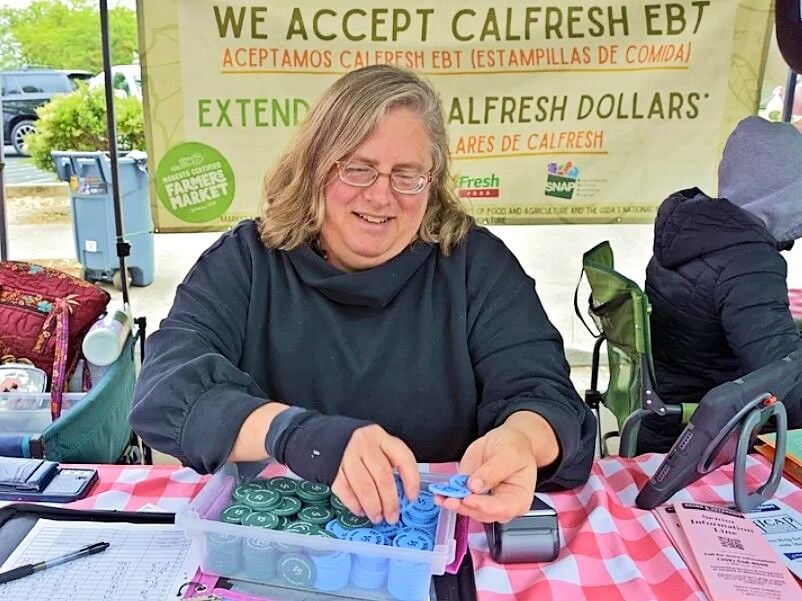
Title: Proposed Cuts to Nutritional Assistance Threaten Food Security for Low-Income Families in San Joaquin Valley
Hundreds of thousands of low-income households in California’s San Joaquin Valley are facing impending reductions in nutritional assistance benefits, a move that could significantly impact food security for vulnerable populations. This development is particularly alarming given that these benefits, already viewed as inadequate, fail to meet the rising costs associated with maintaining a healthy diet.
The Supplemental Nutrition Assistance Program (SNAP), alongside other local initiatives designed to provide nutritional support, is the lifeline for many families struggling to make ends meet. Recent reports indicate that proposed cuts could exacerbate existing disparities in food access, pushing families further into uncertainty regarding their ability to secure sufficient and nutritious food. The San Joaquin Valley, known for its agricultural production, paradoxically experiences high instances of food insecurity, underscoring the complexities of access and affordability in one of California’s most fertile regions.
Food banking organizations and local advocacy groups express concern over the broader implications of such cuts. Many community leaders argue that these changes could lead to an increase in reliance on charitable food programs, which may already be stretched thin due to heightened demand amid economic challenges. Local food banks report a significant uptick in demand, with many experiencing shortages as they strive to serve families who rely on these essential services.
Nutrition experts point to the critical role that adequate assistance plays in fostering long-term health outcomes. The link between food security and overall wellness is well-documented; insufficient nutrition can lead to chronic health issues, including obesity and diabetes, further straining public health systems. With the cost of living continuing to rise—including the prices of groceries—low-income families face the harsh reality of choosing between essential expenditures and securing sufficient meals.
In response to these proposed benefit reductions, community organizations are mobilizing advocacy efforts, pushing for legislative measures that would protect vulnerable families from losing vital assistance. The stakes are high—not just for the individual families affected, but for the broader community, which faces the potential repercussions of a malnourished population.
As policymakers deliberate on this pressing issue, the need for solutions that address both immediate and long-term food security challenges remains critical. The call for sustainable support systems that ensure access to healthy food must be prioritized to foster resilience among the low-income households affected in the San Joaquin Valley. The wellbeing of these families is not just a matter of nutrition, but an essential component of social stability and public health in the region.


